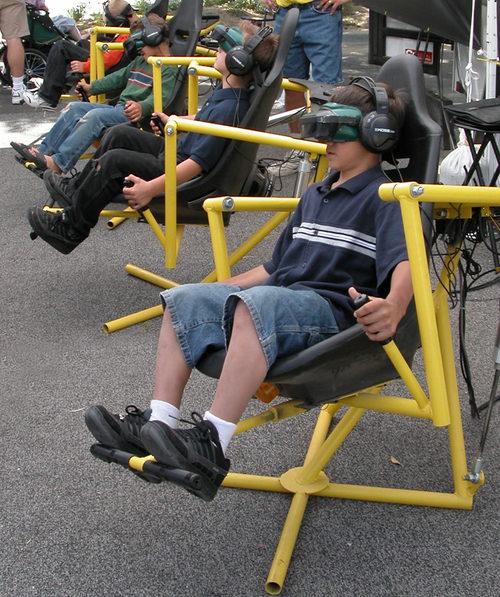Virtual Reality
When people have discussions about the future of the internet, virtual reality will often be brought up. This is a simulated experience created via a headset. The user’s vision and hearing are affected by the device. As a result, they could view a digital space that is either similar or significantly different to the real world.
In the past, VR was mainly used for creating video games. However, websites such as the BBC have reported how it could have other online applications. For example, it may become the dominant interface for accessing the internet. If this occurs, then websites would need to update their looks significantly. So far, VR has already been utilised in medicine, education and the automotive industry.
Haptic feedback is used in newer headsets to make interactions with the digital space appear more authentic. For example, if the user bumps into a virtual wall, the device could emit vibrations. In the past, such tech may have merely been regarded as a method of recreation. However, several high profile companies have stated their desire to use VR in practical ways. It seems likely that these firms will start to compete with each other to develop the most popular types of virtual reality devices.


